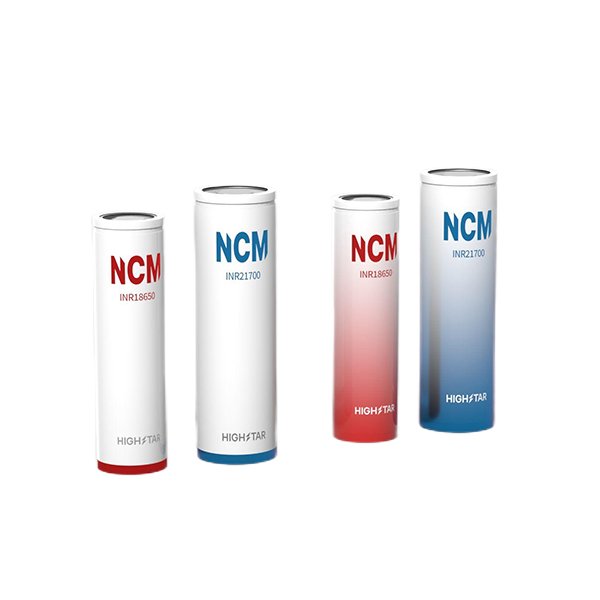Unveiling the Power of Natural Coagulants in Water Treatment
Water treatment plays a vital role in ensuring the availability of clean and safe water for various purposes. Coagulation, one of the key processes in water treatment, involves the addition of chemicals to remove impurities and particles. While traditional coagulants like aluminum sulfate and ferric chloride are commonly used, the search for more sustainable and environmentally friendly alternatives has led to the exploration of natural coagulants. In this article, we will delve into the world of natural coagulants for water treatment, exploring their benefits, applications, and effectiveness.
- Understanding Natural Coagulants:
Natural coagulants are derived from organic sources and offer a promising alternative to conventional chemical coagulants. These substances possess coagulation properties due to their inherent chemical composition. Examples of natural coagulants include plant-based materials like Moringa oleifera seeds, chitosan derived from crustacean shells, and tannins extracted from plants. - Benefits of Natural Coagulants:
2.1. Environmentally Friendly: Natural coagulants are biodegradable and have a lower environmental impact compared to chemical coagulants. They do not introduce harmful by-products into the water supply, making them a sustainable choice.
2.2. Cost-Effective: Some natural coagulants can be sourced locally, reducing transportation costs. Additionally, their production processes are often less energy-intensive, making them economically viable alternatives.
2.3. Health Considerations: Unlike chemical coagulants, natural coagulants are generally considered safe for human consumption, as they do not introduce additional chemicals into the water. - Applications of Natural Coagulants:
3.1. Drinking Water Treatment: Natural coagulants have shown promising results in the removal of turbidity, suspended solids, and microorganisms from drinking water sources. Their effectiveness in reducing pathogens makes them a valuable tool in ensuring safe drinking water in both developed and developing regions.
3.2. Industrial Water Treatment: Natural coagulants can be utilized in various industrial processes, such as wastewater treatment in food processing plants, textile industries, and pharmaceutical manufacturing. Their ability to remove organic and inorganic contaminants makes them versatile in addressing specific water treatment challenges.
3.3. Community-Based Water Treatment: In remote areas with limited access to conventional coagulants, natural coagulants offer a viable solution. Their availability in local ecosystems and ease of use make them suitable for community-based water treatment initiatives. - Effectiveness and Challenges:
While natural coagulants have demonstrated promising results, their effectiveness can vary depending on water quality parameters, dosage, and specific application. Further research and optimization are necessary to determine the most efficient and reliable methods of utilizing natural coagulants. Additionally, challenges such as standardization, scalability, and long-term performance need to be addressed to ensure widespread adoption.
Conclusion:
Natural coagulants present a sustainable and effective alternative to traditional chemical coagulants in water treatment. Their environmentally friendly nature, cost-effectiveness, and versatility make them valuable tools in ensuring access to clean and safe water. As research and development in this field continue, natural coagulants have the potential to revolutionize water treatment practices, benefiting both the environment and human health.




